Šešelj trial "no success story", says prosecutor
Chief Hague Prosecutor Serge Brammertz says the trial of Vojislav Šešelj "is not an example of how the international law should function".
Thursday, 08.12.2011.
13:22

Chief Hague Prosecutor Serge Brammertz says the trial of Vojislav Seselj "is not an example of how the international law should function". The process has been ongoing since Seselj voluntarily traveled to The Hague to face the charges in early 2003. Seselj trial "no success story", says prosecutor It is obvious that the trial against Seselj is not successful, since it lasts for so long, Brammertz told a Tanjug's correspondent in New York late on Wednesday, adding that he has no problem to admit this is a bad example of how the international law should function. There are several reasons for that. The trial was plagued by many delays, Seselj went on hunger strike and was self-represented at the court, he said, stressing that Seselj did not make it easier for the Tribunal to speed up the trial. Brammertz said that the trial will nevertheless enter its final phase in March, after which the sentence will be passed. Russian Ambassador to UN Vitaly Churkin earlier demanded that The Hague Tribunal and Brammertz announce why Seselj's trial has lasted for nine years and why a first instance verdict has not been delivered yet. Seselj has been in custody for nine years without a verdict and we are concerned about that, Churkin said at the UN Security Council session. Seselj is charged with crimes against humanity and violations of the laws or customs of war in Croatia, Vojvodina and Bosnia-Herzegovina, in the period of 1991-1993. The Hague Tribunal's already sentenced him twice - to 15 months and 18 months' imprisonment for contempt of court, i.e. for disclosing confidential information pertaining to protected witnesses, and another trial against him is underway for the same reason. Serge Brammertz (file)
Šešelj trial "no success story", says prosecutor
It is obvious that the trial against Šešelj is not successful, since it lasts for so long, Brammertz told a Tanjug's correspondent in New York late on Wednesday, adding that he has no problem to admit this is a bad example of how the international law should function.There are several reasons for that. The trial was plagued by many delays, Šešelj went on hunger strike and was self-represented at the court, he said, stressing that Šešelj did not make it easier for the Tribunal to speed up the trial.
Brammertz said that the trial will nevertheless enter its final phase in March, after which the sentence will be passed.
Russian Ambassador to UN Vitaly Churkin earlier demanded that The Hague Tribunal and Brammertz announce why Šešelj's trial has lasted for nine years and why a first instance verdict has not been delivered yet.
Šešelj has been in custody for nine years without a verdict and we are concerned about that, Churkin said at the UN Security Council session.
Šešelj is charged with crimes against humanity and violations of the laws or customs of war in Croatia, Vojvodina and Bosnia-Herzegovina, in the period of 1991-1993.
The Hague Tribunal's already sentenced him twice - to 15 months and 18 months' imprisonment for contempt of court, i.e. for disclosing confidential information pertaining to protected witnesses, and another trial against him is underway for the same reason.












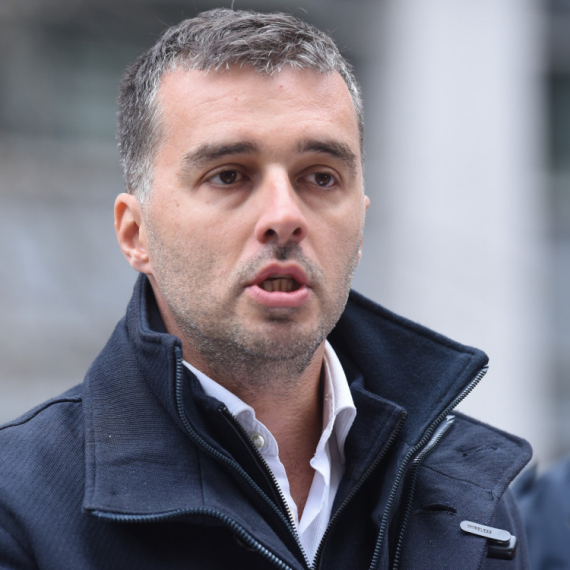

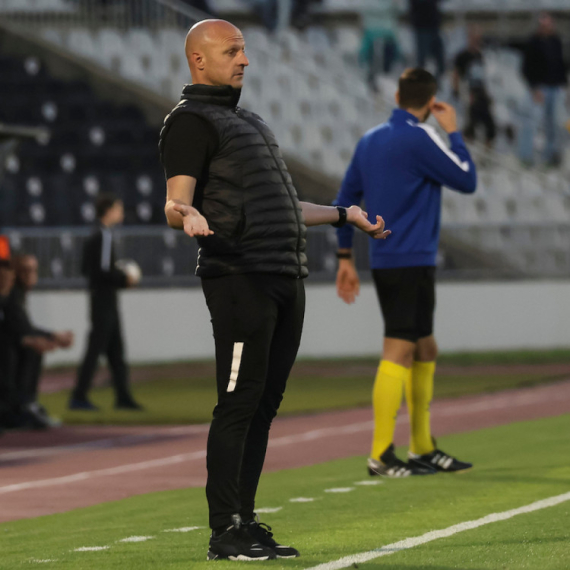
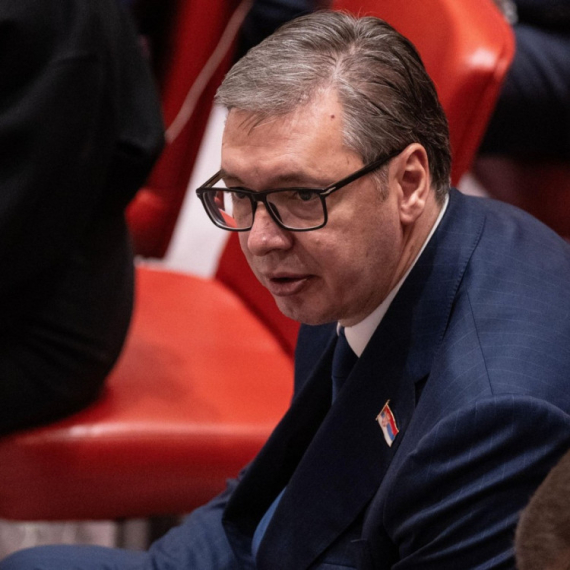
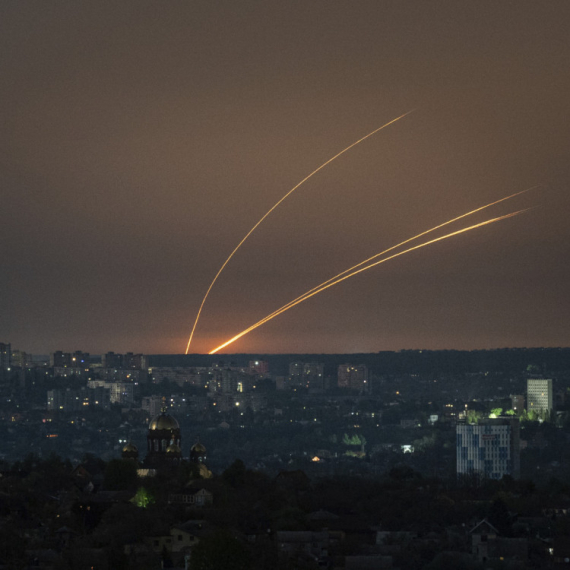

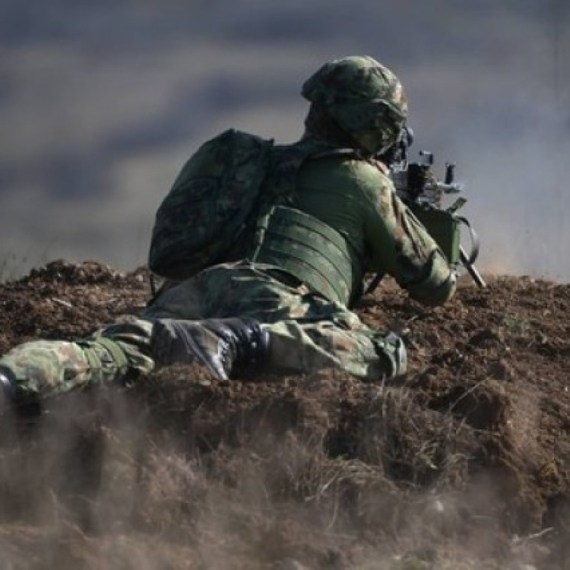
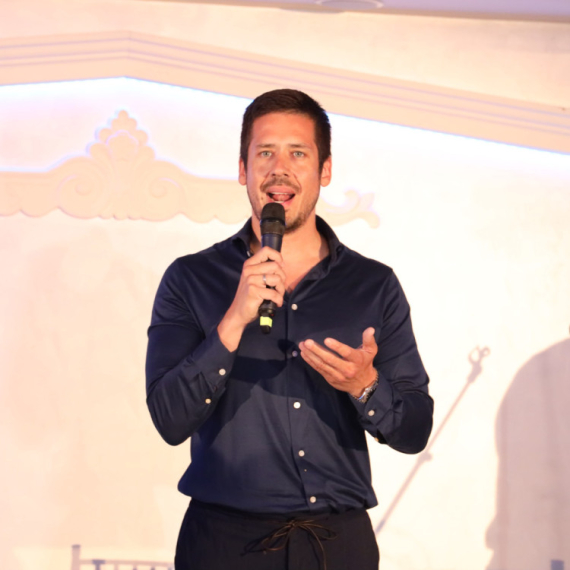
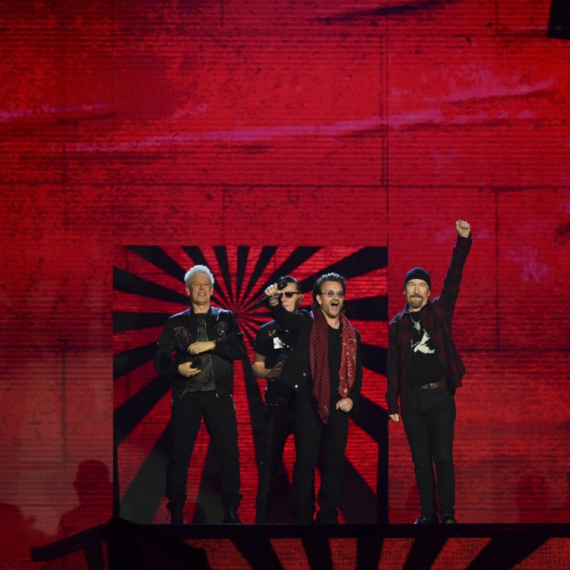

































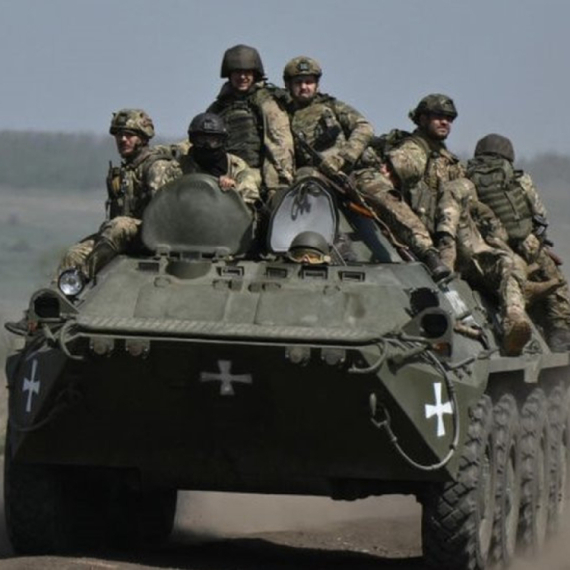
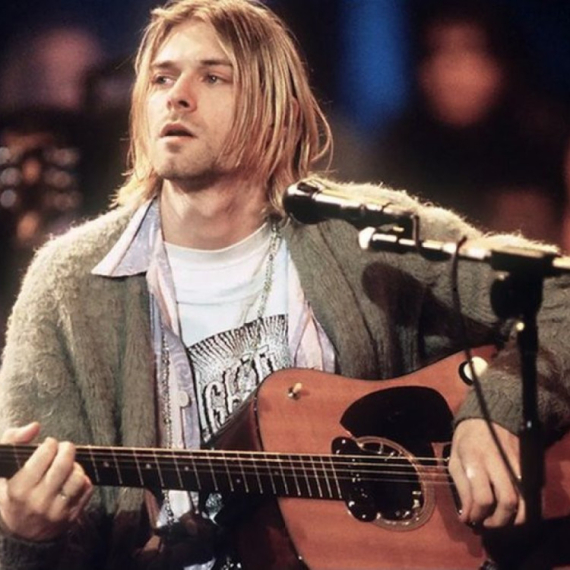




Komentari 45
Pogledaj komentare